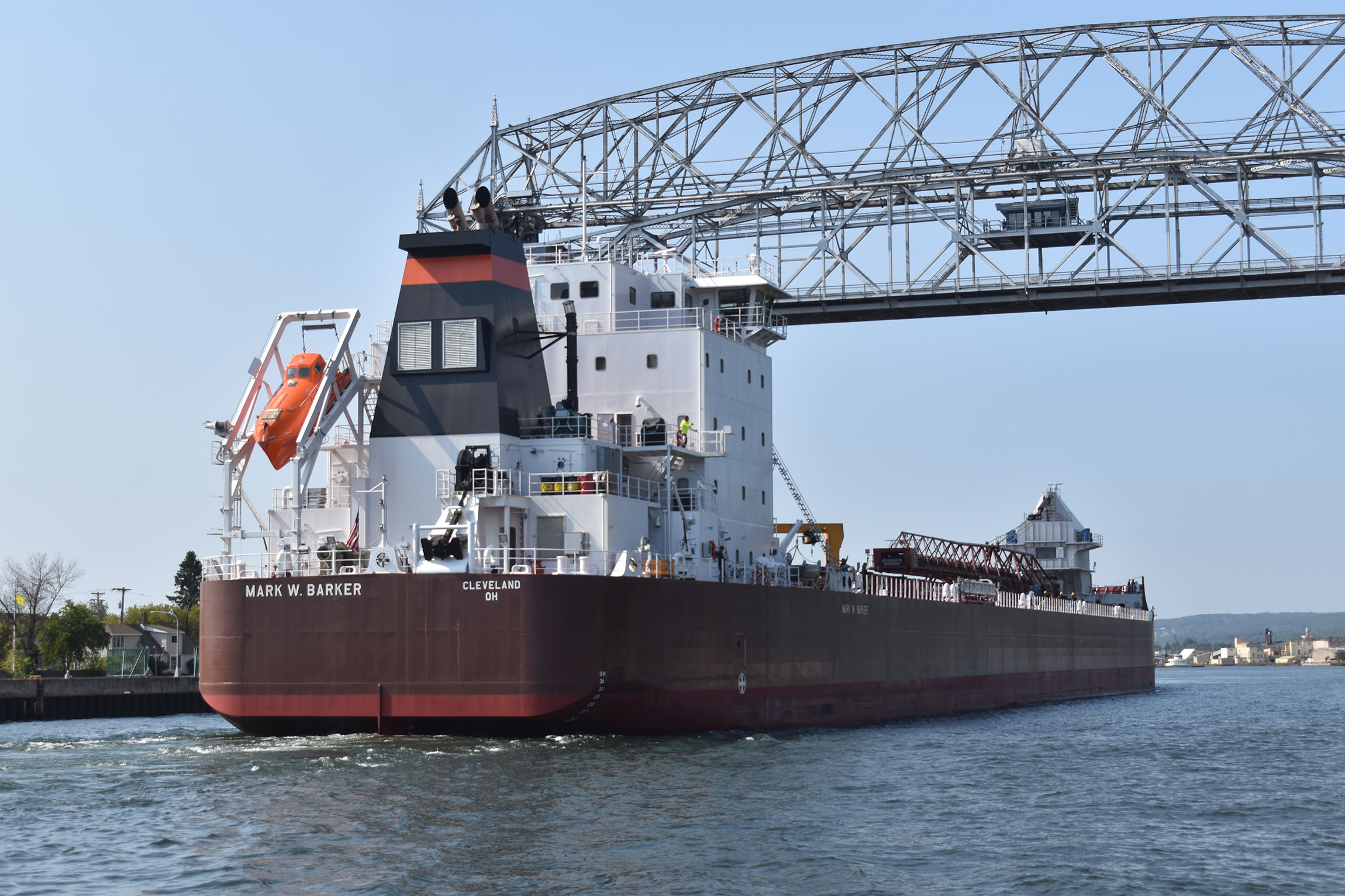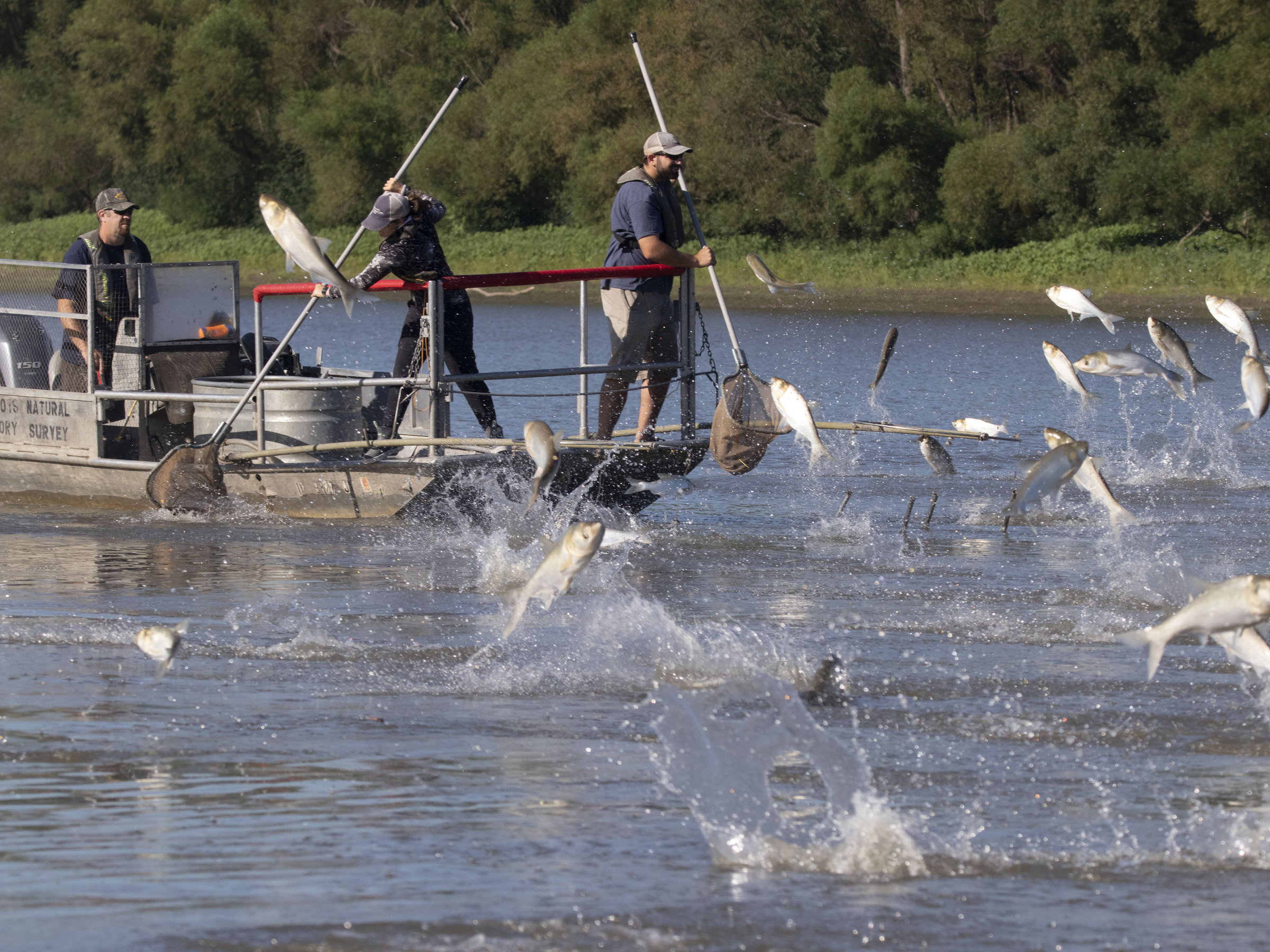Shipping companies are making a case to Congress for more money to dredge Great Lakes ports and waterways. With water levels near a record low, ports are losing the battle against sediment.
Picture a football field with dirt piled a mile and a half high. That’s how much the backlog of dredging is in the Great Lakes. Lake Carriers Association Vice-President Glen Neckvasil says the Army Corps of Engineers has had enough money to keep pace with sediment in only six of the last 25 years. He says this means lakers are sailing with light loads: “… extremely so. Right now, looking at the end of December there, ships – that if the water levels were high, it could carry 72,000 tons of cargo – were carrying less than 61,000 tons.”
Neckvasil says the problem is all over. “It’s a system-wide problem. It depends on what trade route you’re in. Sometimes the St. Mary’s River is what sets your draft, other times it might be the discharge port.”
Stay informed on the latest news
Sign up for WPR’s email newsletter.
In 2011, three Great Lakes commercial ports closed because their harbors were too shallow. Army Corp of Engineers spokeswoman Marie Strum says two of those ports, Waukegan, Illinois and St. Joseph, Michigan, are still closed, “The situation now is even more critical because of the low water levels on the Great Lakes… really, throughout the system. Our harbors are suffering from the drop in low water levels and are really feeling it in navigation.”
Strum says they have to prioritize which harbors are dredged and which are left to fill in. “What happens in a harbor if we don’t dredge? Will it close? Will there be groundings? Will people lose their jobs? Will a company go out of business or shutdown and lay-off people? So these are all factors that we take into account.”
Neckvasil says the Army Corps needs $90 million a year just to keep pace with dredging, but has been getting about a third of that.
Wisconsin Public Radio, © Copyright 2024, Board of Regents of the University of Wisconsin System and Wisconsin Educational Communications Board.






